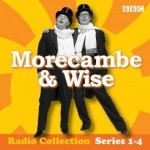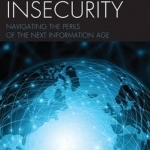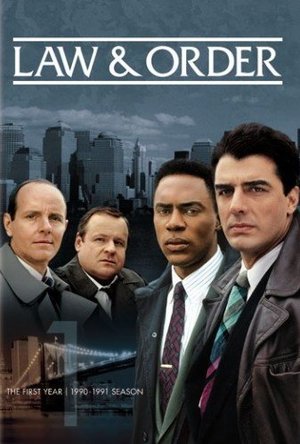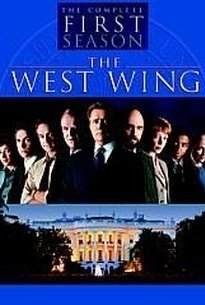
Dungeon!
Tabletop Game
In many ways Dungeon! is similar to Dungeons & Dragons, although much simplified and transformed...
Boardgames D&DBoardgames

The Eric Morecambe & Ernie Wise Show: Complete Radio Series: 18 Editions from the BBC Archives
Eddie Braben, Eric Morecambe and Ernie Wise
Book
Collected together for the very first time, 18 editions of Eric and Ernie's BBC Radio 2 comedy...

The Good Doctor - Season 1
TV Season Watch
Shaun Murphy, a young autistic surgeon who has savant syndrome, relocates from a quiet country life...

Cyber Insecurity: Navigating the Perils of the Next Information Age
Richard Harrison, Trey Herr and Richard J. Danzig
Book
Growing dependence on cyberspace for commerce, communication, governance, and military operations...

The Getaway (1994)
Movie
Real life husband and wife, Alec Baldwin and Kim Basinger, star in this Nineties version of the...

Gareth Jones On Speed
Podcast
THE podcast for petrol-heads, by Gareth Jones (of ITV1's Speed Sunday & How2, and A1GP pit lane...
Dead Funny
Book
In spite of my desperation I have been patient, in spite of my bewilderment I have been...

Law & Order
TV Show
Order is an American police procedural and legal drama television series, created by Dick Wolf and...
The Portuguese marriage proposals was something that I did know about, but here it's presented so logically it makes absolute sense. The chosen bride was a princes of Portugal, with a Spanish Infanta also in the playing as a reserve option. Both of these princesses were descended from the legitimate and senior branch of the House of Lancaster! Furthermore, it seems that a Portuguese marriage was also in the offing for Elizabeth of York. That being so, the letter supposedly written by her (reported by Buck, but now seemingly lost) makes more sense as does the confusion over Richard II wanting to marry Elizabeth, his niece, which never made any real sort of sense as, if we accept the truth of the Eleanor Butler pre-contract, then the children of Edward IV by Elizabeth Woodville were undoubtedly illegitimate, so there would be absolutely no point in Richard marrying her. On the other hand, Elizabeth and her sisters were the closest things available to Royal Princesses to be traded on the dynastic marriage market.

The West Wing - Season 1
TV Season
The West Wing is an American serial political drama television series created by Aaron Sorkin that...
Drama

